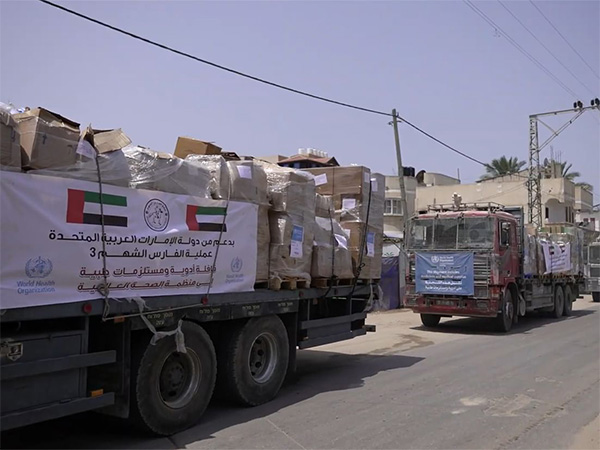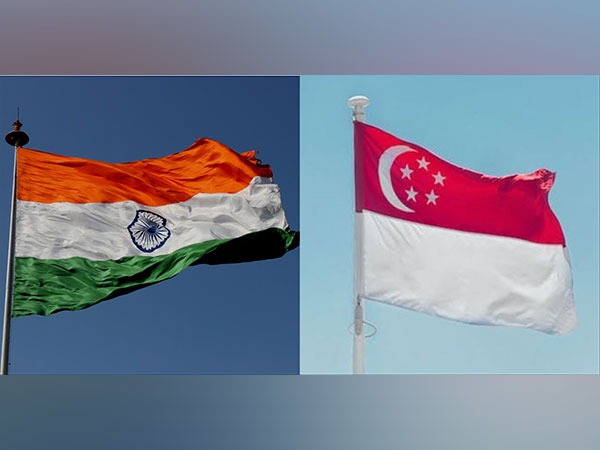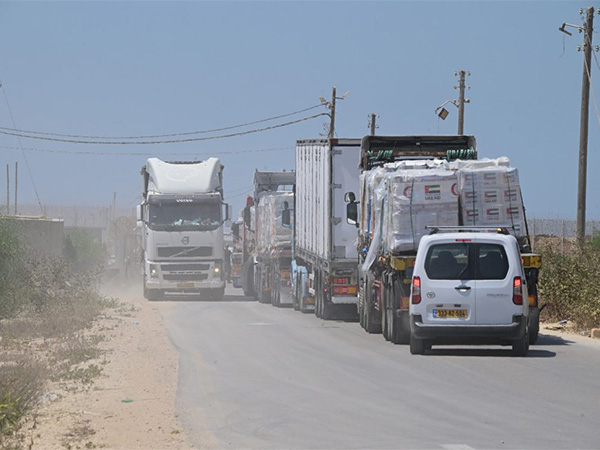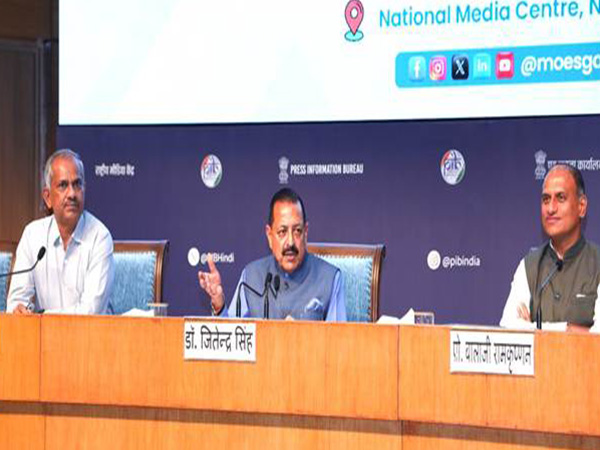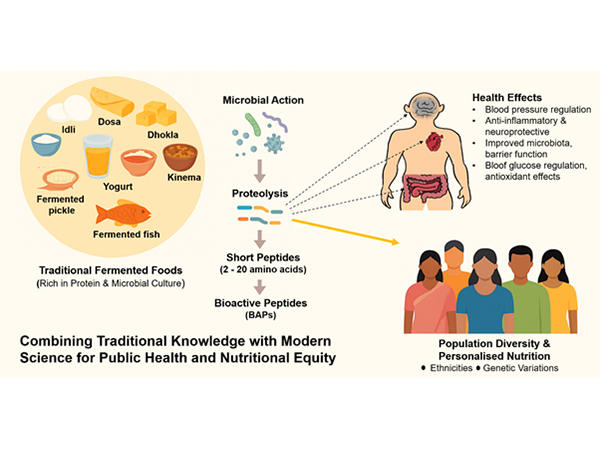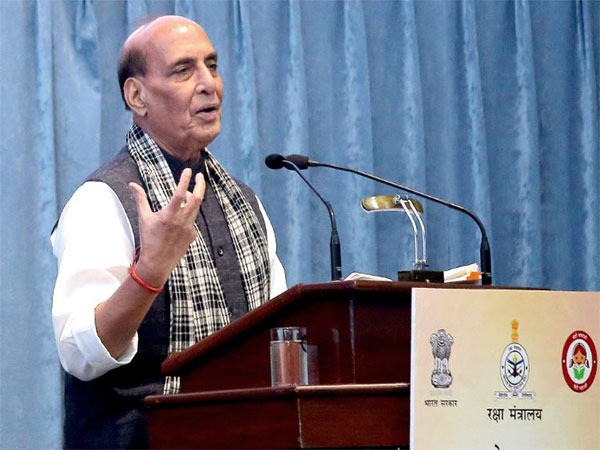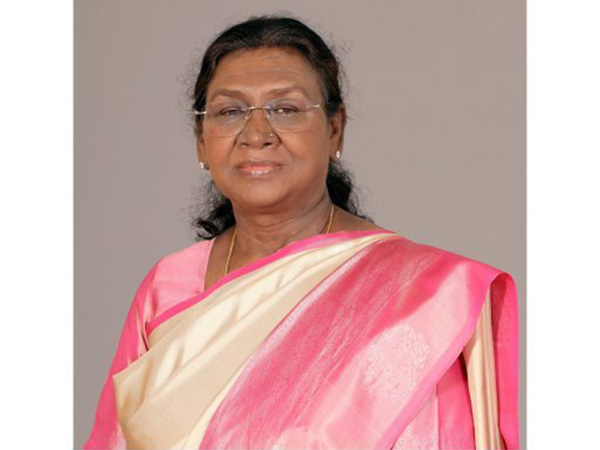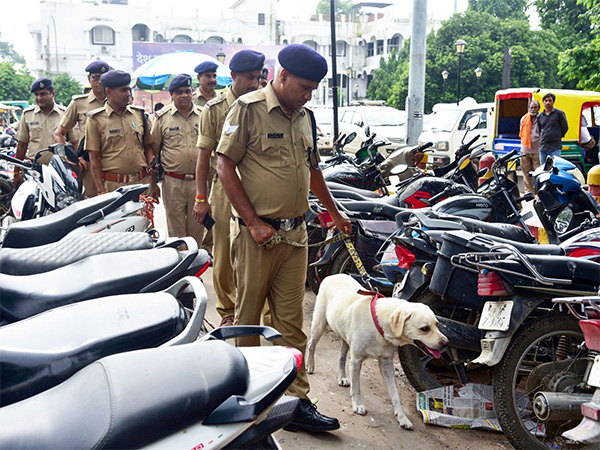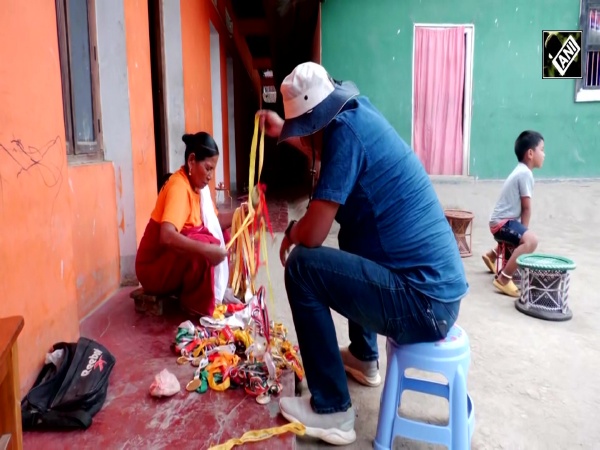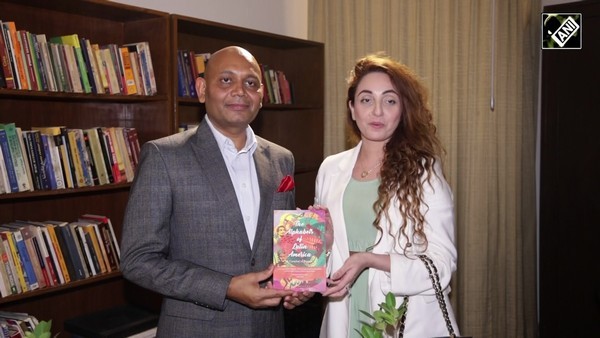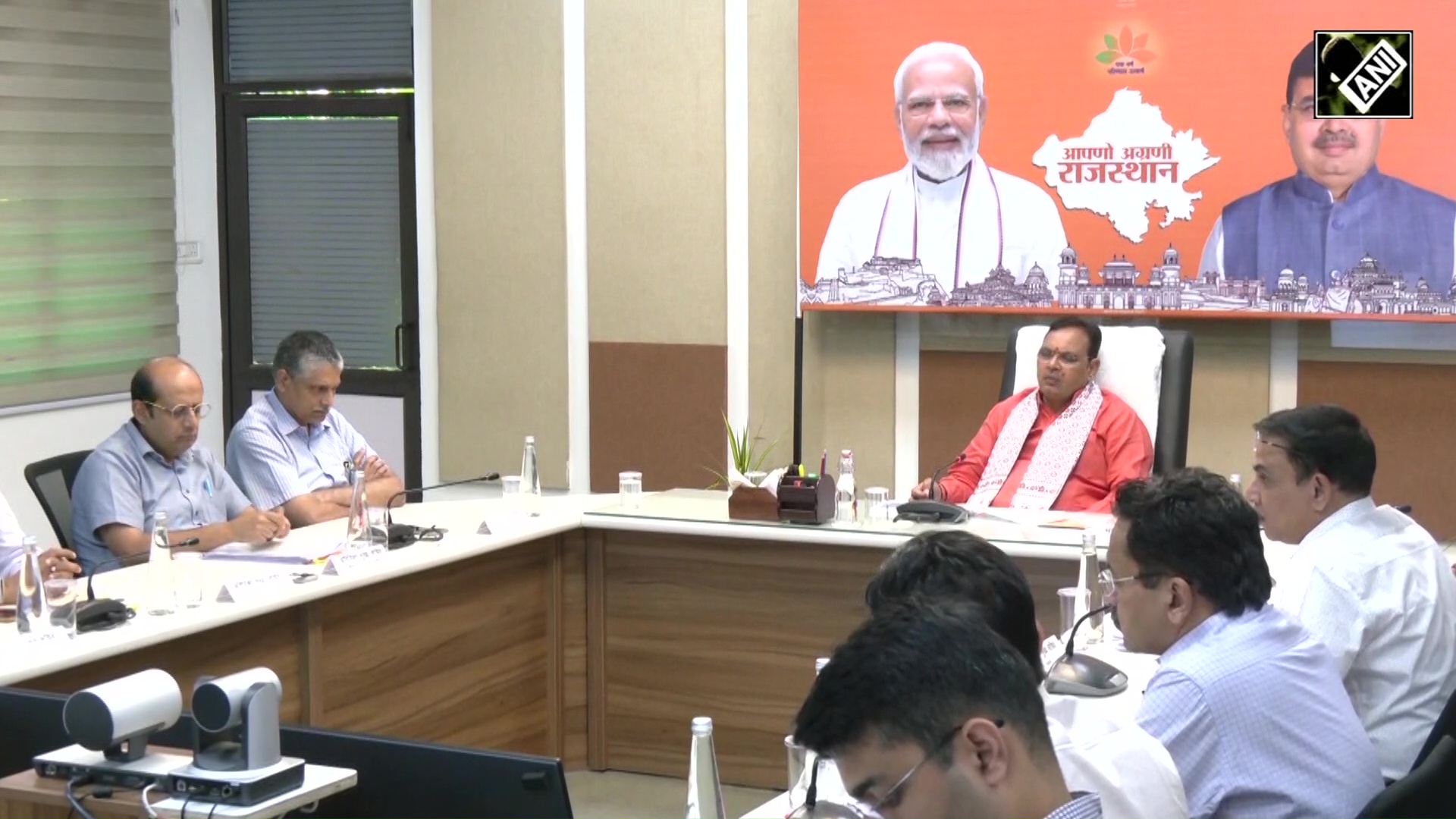Two-thirds of Afghan families face livelihood challenges, economy remains fragile: World Bank Report
Oct 05, 2023

Kabul [Afghanistan], October 5 : In its recent report on the economic growth of South Asian countries, the World Bank has underlined that the economy of Afghanistan remains fragile and at least two-thirds of Afghan families continue to face livelihood challenges, according to Khaama Press.
In the coming years, South Asian nations are expected to experience significant economic development, according to the new World Bank report.
With the exception of Afghanistan and Bangladesh, the area is anticipated to develop at a notable 5.8 per cent pace in 2023 and 2024, the World Bank report says. This estimate indicates that most South Asian countries have a promising economic future, which might present prospects for regional investment and growth.
According to experts, the publication of this economic report and Afghanistan's fragile economy harm foreign traders and investors looking to invest in Afghanistan.
Afghanistan is isolated because the international world has not publicly recognised the present government since the Taliban took over, Khaama Press stated citing the report and its assessment of Afghanistan.
Afghans are suffering greatly as a result of their isolation, which has sparked a terrible humanitarian catastrophe.
According to a UN assessment, more than 70 per cent of Afghans are currently suffering from extreme hunger and grave humanitarian situations, which have been made worse by a funding gap inside the organisation responsible for providing aid and relief.
Afghanistan's condition continues to be of great concern, necessitating international attention and coordinated measures to lessen its citizens' suffering.
Tens of thousands of people have lost their employment as a result of the Taliban government's ascendancy, and limitations on labour, education, and women's engagement in Afghanistan.
Afghanistan's women have faced numerous challenges since the Taliban returned to power in 2021. Girls and women in the war-torn country have no access to education, employment and public spaces.
A startling 80 per cent of Afghan girls and young women, who are of school-going age, are currently denied access to education under the Taliban regime in Afghanistan, a new report by Care International stated, according to Khaama Press.
It has been more than two years since girls above grade six have been prohibited from attending schools in Afghanistan, and it is unclear when those doors will reopen.

